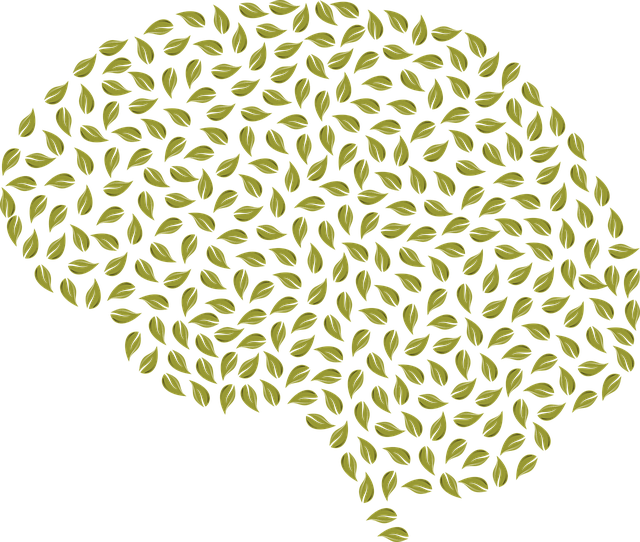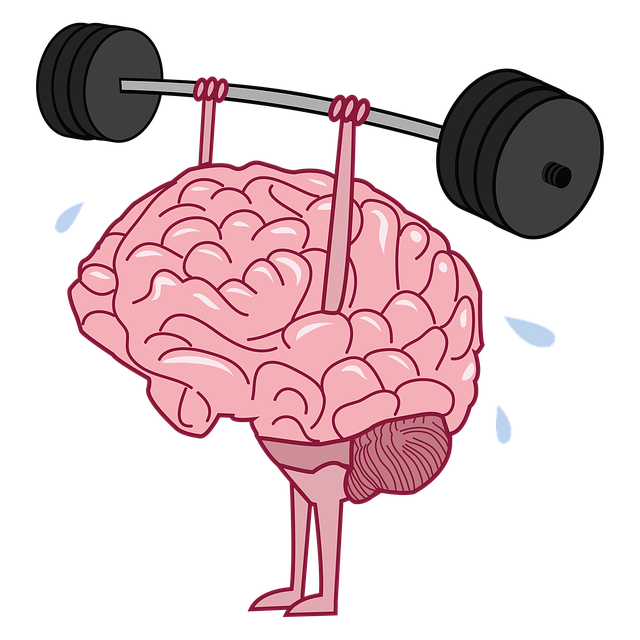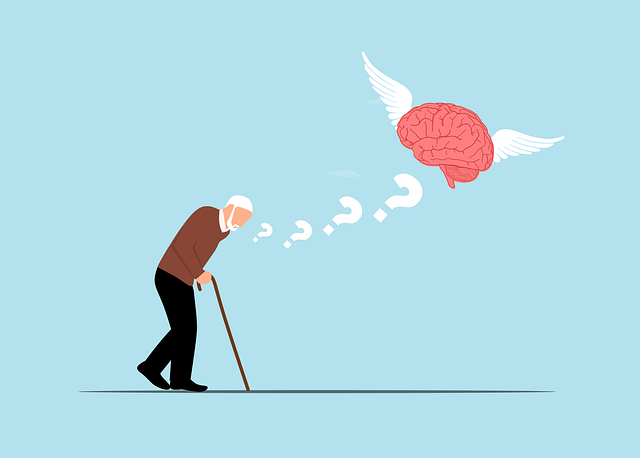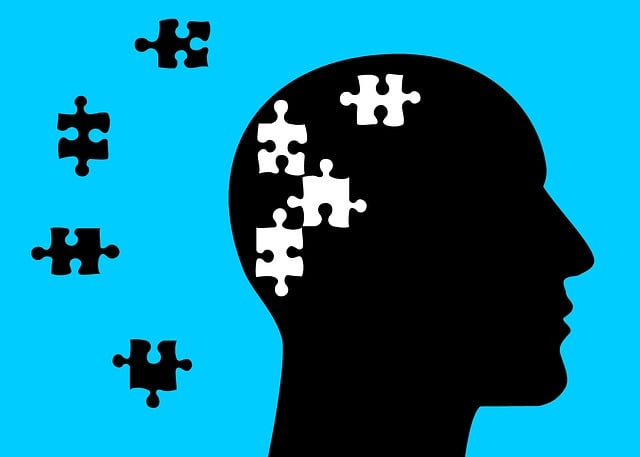Northglenn First Responders Therapy emphasizes that social skills training is a vital component of mental health recovery, addressing challenges faced by individuals with anxiety, depression, or trauma. They offer specialized programs using evidence-based techniques like role-playing and CBT to improve communication, empathy, and relationship-building skills. Through tailored therapy sessions, clients gain confidence in social situations, reduce isolation, and experience improved mental wellness, as evidenced by successful client outcomes and community outreach initiatives.
Social skills training is a powerful tool in supporting individuals with mental health conditions, offering a vital path to recovery and improved quality of life. This article explores the significance of social interaction as a key component of mental wellness, focusing on challenges faced by those with such conditions. We delve into effective strategies for social skills development, showcasing the transformative power through case studies, including the successful programs at Northglenn First Responders Therapy.
- Understanding the Importance of Social Skills for Mental Health Recovery
- Identifying Challenges in Social Interaction for Individuals with Mental Health Conditions
- Strategies and Techniques for Effective Social Skills Training
- Case Studies: Success Stories from Northglenn First Responders Therapy
Understanding the Importance of Social Skills for Mental Health Recovery

Social skills are an integral part of mental health recovery, often overlooked but deeply impactful. In the context of Northglenn First Responders Therapy, understanding and nurturing these skills can significantly contribute to the well-being of individuals facing various mental health conditions. Many people struggle with social interactions due to anxiety, depression, or trauma, leading to isolation and exacerbating their symptoms. Training in social skills provides a toolkit for managing these challenges.
By participating in therapy sessions that focus on improving communication, empathy, and relationship-building, individuals can experience a boost in confidence. This is particularly beneficial in preventing burnout, a common issue among those with demanding jobs or caregiving roles, as it equips them to navigate social situations with ease, fostering better support networks and overall anxiety relief.
Identifying Challenges in Social Interaction for Individuals with Mental Health Conditions

Individuals with mental health conditions often face unique challenges when it comes to social interactions. These challenges can stem from a variety of factors, including anxiety, depression, or trauma, which may hinder their ability to engage and connect with others in meaningful ways. For instance, someone struggling with social anxiety might avoid social situations altogether, leading to isolation and further exacerbation of symptoms. Similarly, individuals with bipolar disorder could experience intense emotional swings, making it difficult to maintain consistent social relationships.
Northglenn First Responders Therapy recognizes these hurdles and offers specialized support through various programs and services. Their Mental Wellness Podcast Series Production, for example, provides a platform to discuss topics like Emotional Intelligence and Stress Reduction Methods, empowering individuals to navigate social challenges with newfound strategies. By addressing these issues head-on, Northglenn First Responders Therapy fosters a supportive environment, enabling clients to build essential social skills that contribute to their overall mental wellness.
Strategies and Techniques for Effective Social Skills Training

Social Skills Training is a powerful tool for individuals navigating mental health conditions, offering strategies to enhance communication and interaction with others. At Northglenn First Responders Therapy, therapists employ evidence-based techniques tailored to each client’s unique needs. These methods include role-playing scenarios, where patients practice conversations, learn to interpret social cues, and develop appropriate responses, fostering a safer space for error and learning.
Additionally, cognitive behavioral therapy (CBT) is integrated into the training, helping individuals challenge negative thought patterns that may hinder their social interactions and contribute to feelings of isolation or depression prevention. Through these comprehensive approaches, mental illness stigma reduction efforts are also addressed, as clients build confidence in social settings, ultimately enhancing their overall mental wellness.
Case Studies: Success Stories from Northglenn First Responders Therapy

At Northglenn First Responders Therapy, the focus on social skills training has yielded remarkable results, serving as a beacon of hope for many individuals grappling with mental health conditions. Through tailored programs, therapists employ evidence-based strategies to empower clients with the tools necessary for effective communication and relationship building. These interventions have been particularly transformative, enabling participants to navigate social interactions with newfound confidence and resilience.
One notable success story involves a client who struggled with anxiety and depression, hindering their ability to connect with others. Through Northglenn’s therapeutic environment, they learned coping mechanisms for managing their symptoms during social situations, gradually rebuilding their social network. This transformation highlights the clinic’s effectiveness in fostering mental wellness through public awareness campaigns, mood management guidance, and even encouraging clients to keep a mental wellness journaling exercise as a habit outside of therapy sessions.
Social skills training is a powerful tool in supporting individuals with mental health conditions, as it equips them with the abilities to navigate social interactions confidently. As highlighted by the success stories at Northglenn First Responders Therapy, targeted interventions can lead to significant improvements in social functioning. By understanding the unique challenges and implementing evidence-based strategies, mental health professionals can help clients build a supportive social network, fostering better outcomes and enhanced quality of life. This approach is an essential component in holistic treatment plans, offering hope and improved social integration for those facing mental health struggles.














